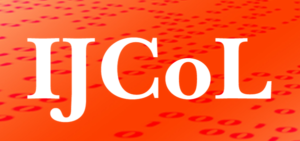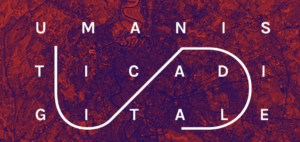20th January 2021 - h. 14.50-15.00
with Simonetta Montemagni e Roberto Basili
IJCoL, o Italian Journal of Computational Linguistics
2499-4553

The Italian Journal of Computational Linguistics fills a double gap, on both national and international side. In the editorial panorama of the Italian scientific community, after the experience of Linguistica Computazionale, founded in 1981 by Antonio Zampolli and no longer published since 2006, an authoritative forum to represent the different souls of Computational Linguistics in Italy has completely disappeared. Today, as witnessed by the foundation of the AILC (https://www.ai-lc.it/), which brings together the entire Italian community operating in the sector, the national panorama has changed profoundly, the research groups dealing with Computational Linguistics are numerous, extend over the whole territory and operate both in the humanistic and computer science areas. This makes even stronger the need for a journal that is the expression of the plurality of voices within the newly established association.
21st January 2021 - h. 14.50-15.00
with Fabio Ciotti
UD Umanistica Digitale
ISSN 2532-8816

22nd January 2021 - h. 10.00-10.15
with Alessandro Longo
Agendadigitale.eu
ISSN 2421-4167

22nd January 2021 - h. 14.50-15.00
with Franz Fischer
magazén
ISSN 2724-3923

magazén | International Journal for Digital and Public Humanities is the interdisciplinary journal of the Venice Centre for Digital and Public Humanities (VeDPH) based at the Department of Humanities at Ca’ Foscari University of Venice undergoing double blind peer review and published twice per year in print, digital copy and web version in open access by Edizioni Ca’ Foscari. The VeDPH is founded upon an initiative of excellence that aims at stimulating an interdisciplinary methodological discourse to serve as basis for the collaborative development of durable, reusable, shared resources for research and learning in the field of digital and public humanities. Its disciplinary domains include Digital Textual Scholarship, Digital and Public Art History, Digital and Public History, Digital Cultural Heritage and Digital and Public Archaeology. The name magazén refers to the historical definition of public houses in the Republic of Venice, which were places of diverse human deeds and thriving including information exchange, commercial bargains and pawn brokerage. Thus the journal aspires to constitute an open platform for a wide range of disciplinary fields and methodological approaches sharing the scholarly potential of a digital and public discourse.